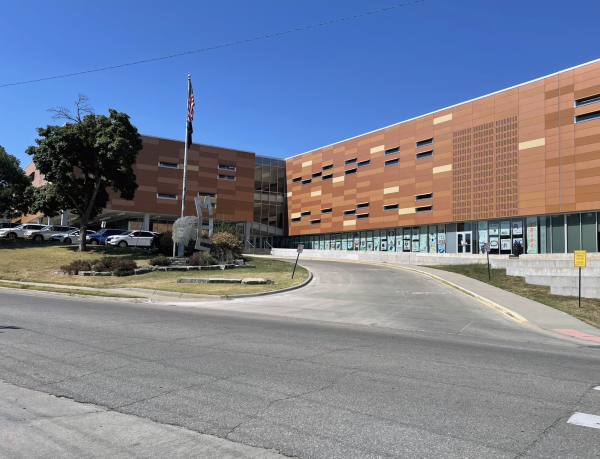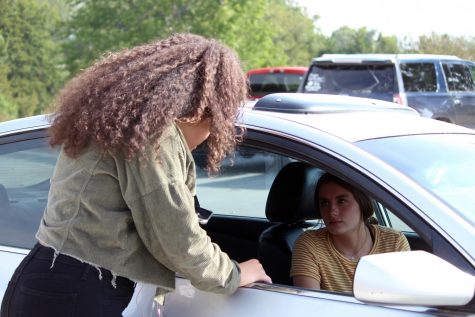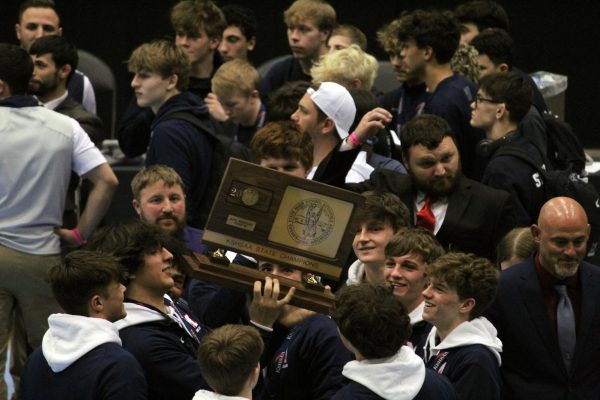Teen foster child finds normalcy in nontraditional situation
A perfect family is not one many people regularly see. Not very often will you see the classic Nuclear Family of a mother and father with two perfect children. That image is not normally one we are fed when the topic of foster care comes up. But for some foster children, it comes pretty close.
Sophomore Jess Finkmeier has been in the foster care system since age 12 and says that his current family situation is just like that of any normal high schooler.
“Besides a few minor things, if you’re one of the lucky few who get a good foster home and whose parents actually care for you then it’s basically like living a regular teenage life,” Finkmier said. “I’ve been on both sides of the spectrum where I’ve had really crappy foster homes and I’ve had really good ones.”
As a high school student in foster care, Finkmeier says that while his life is mostly normal, there are a few things in his life that are different, and his experience growing up is not one many students can share.
“[Transitioning to foster care] was really scary. It was a complete culture shock,” Finkmeier said. “I came from this tiny little town and nobody knew me. I lived in a group home when I first transitioned into foster care. It was me and like nine other boys and they were all mostly older than me. It was really dysfunctional at first and super scary.”
Finkmeier says that the biggest struggle of being in foster care as a teenager is the uncertainty of his placement.
“Growing up in foster care, you get moved around lot,” he said. “Most foster parents want a baby or a young child, someone that they can say ‘You’re mine’ and when you’re a teenager you already have all of these things instilled in you from so many different people that different people may not necessarily like.”
Finkmeier has experienced the ups and downs over being moved from home to home and seen scary experiences despite his favorable situation.
“Legally, KVC, the foster care organization, cannot let you sleep in their offices unless there is absolutely no option available,” the sophomore said. “It was midnight and I had already fallen asleep and they woke me up and said ‘Hey, we have a placement for you, you’re just going to spend the weekend there.’ I said okay, and I spent five days at a mental institution because that was the only place that had a bed for me to sleep in. It was super scary, full scale, locked doors safe room, all of that. It was completely different.”
Despite the often dark image of the foster care system the public is fed, Finkmeier says the being in the system does have some benefits.
Despite the rough situation many foster children may find themselves in, the foster care system does off a sort of “compensation.” They will pay for four years of college and $500 a month for living expenses. However, you can only benefit from this is if you age out of the system, so you have to turn 18 or graduate high school in the system. Many children do not use this benefit as they move towards emancipation.
Despite his unique living situation, Finkeier says that being in foster care doesn’t make him any different than his fellow classmates.
“Being in foster care has its ups and its down just like a typical home,” he said. “If you’re in a good one, there isn’t very many differences from a normal family. It’s just like a normal family, we get in arguments all the time about late assignments, failing grades and ‘when are you working,’ and Drivers Ed, just typical family situations. Mainly I want everyone to know is that it doesn’t make you any different, being in foster care, I think it depends on where you come from. The only difference between people to me is how you act and who you are.”






